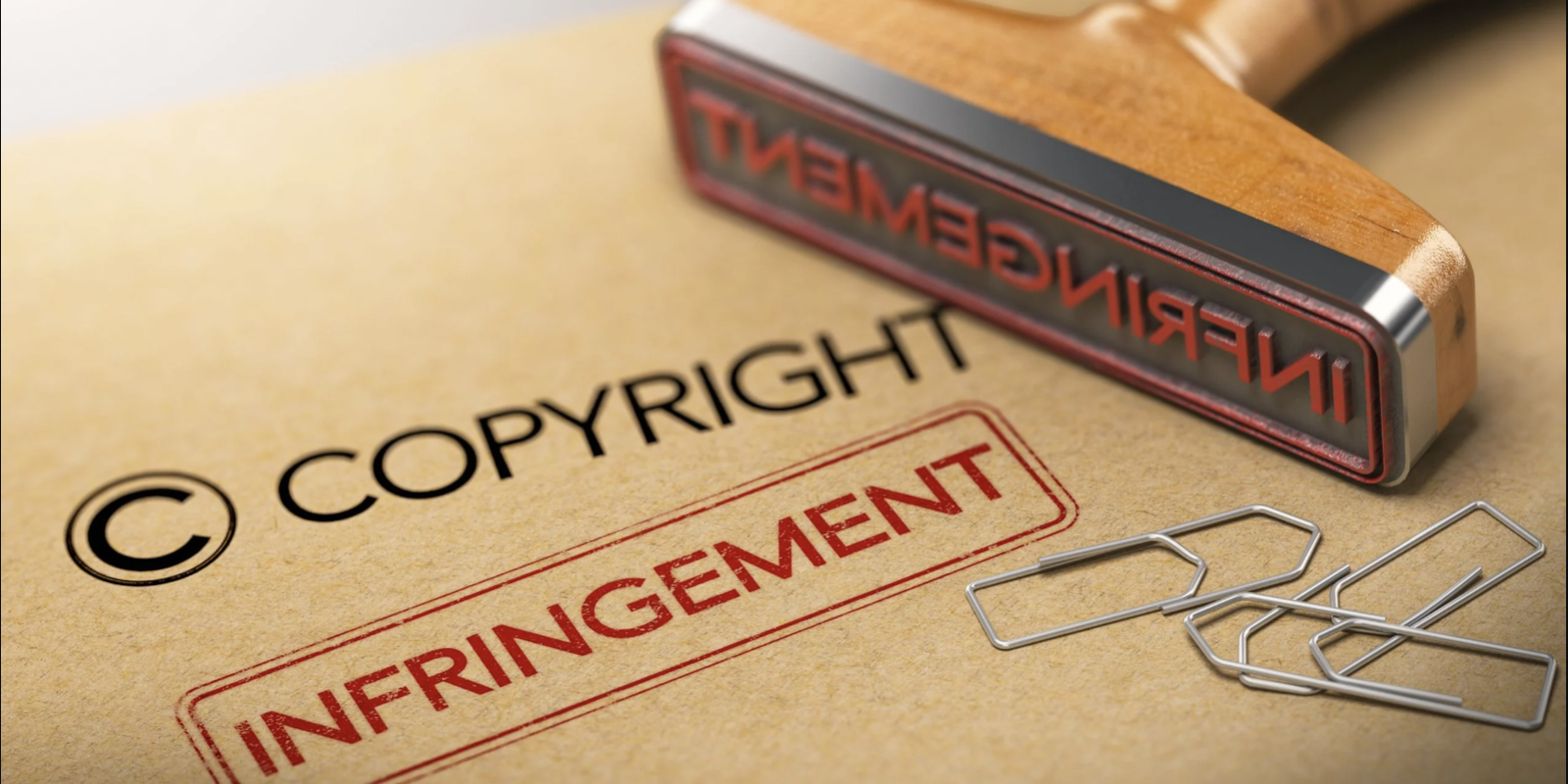
Information and copyright
Education
Commerce and industry are certainly arenas in which the Internet has had a profound effect, but what of the foundational institutions of any society—namely, those related to education and the production of knowledge?
Here the Internet has had a variety of effects, some of which are quite disturbing. There are more computers in the classroom than ever before, but there is scant evidence that they enhance the learning of basic skills in reading, writing, and arithmetic. And while access to vast amounts of digital information is convenient, it has also become apparent that most students now see libraries as antiquated institutions better used for their computer terminals than for their book collections. As teachers at all education levels can attest, students typically prefer to research their papers by reading online rather than wandering through a library’s stacks.
In a related effect the Internet has brought plagiarism into the computer era in two distinct senses. First, electronic texts have made it simple for students to “cut and paste” published sources (e.g., encyclopaedia articles) into their own papers. Second, although students could always get someone to write their papers for them, it is now much easier to find and purchase anonymous papers at websites and to even commission original term papers for a fixed fee. Ironically, what the Internet gives, it also takes away. Teachers now have access to databases of electronically submitted papers and can easily compare their own students’ papers against a vast archive of sources. Even a simple online search can sometimes find where one particularly well-turned phrase originally appeared.









